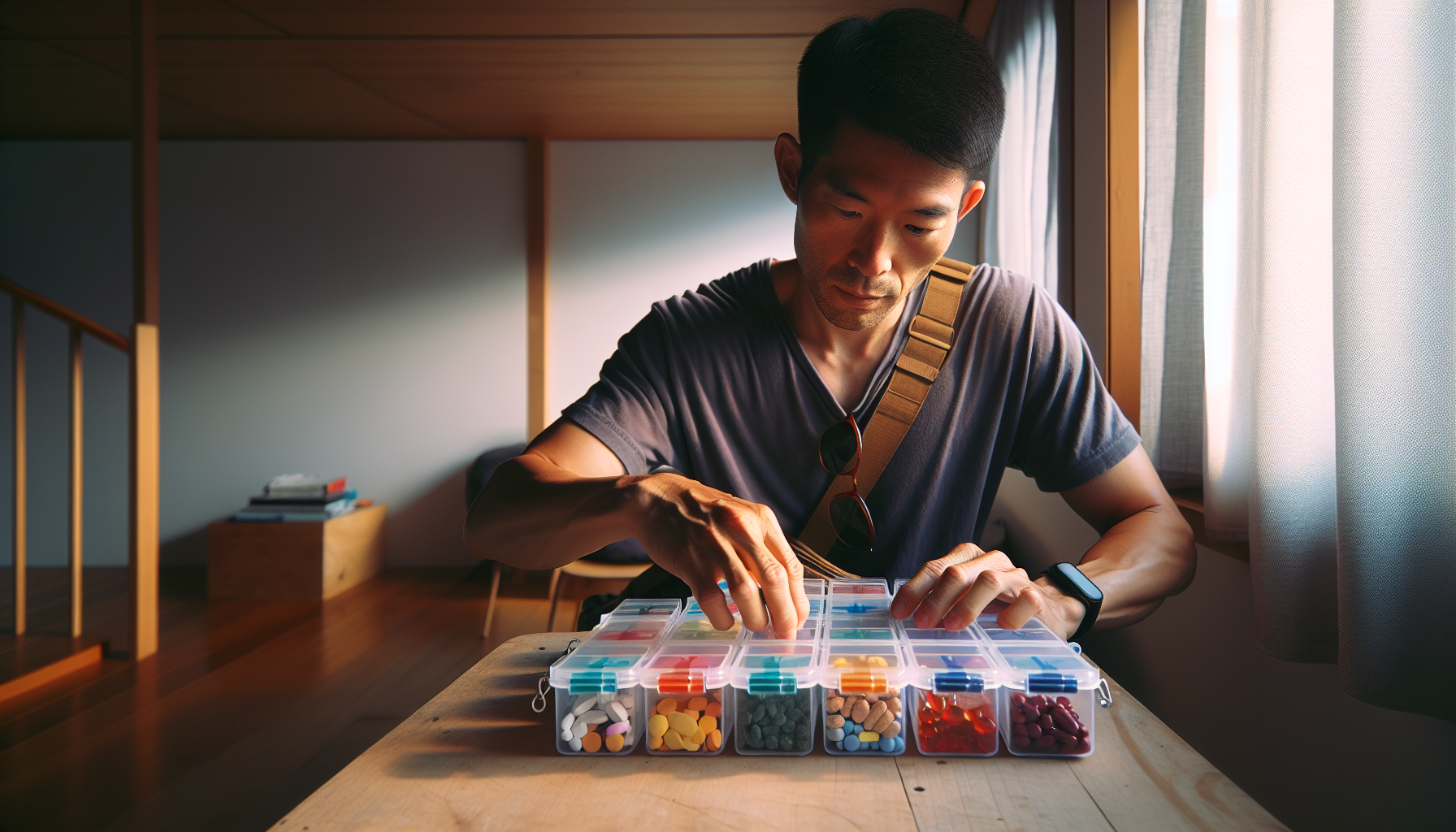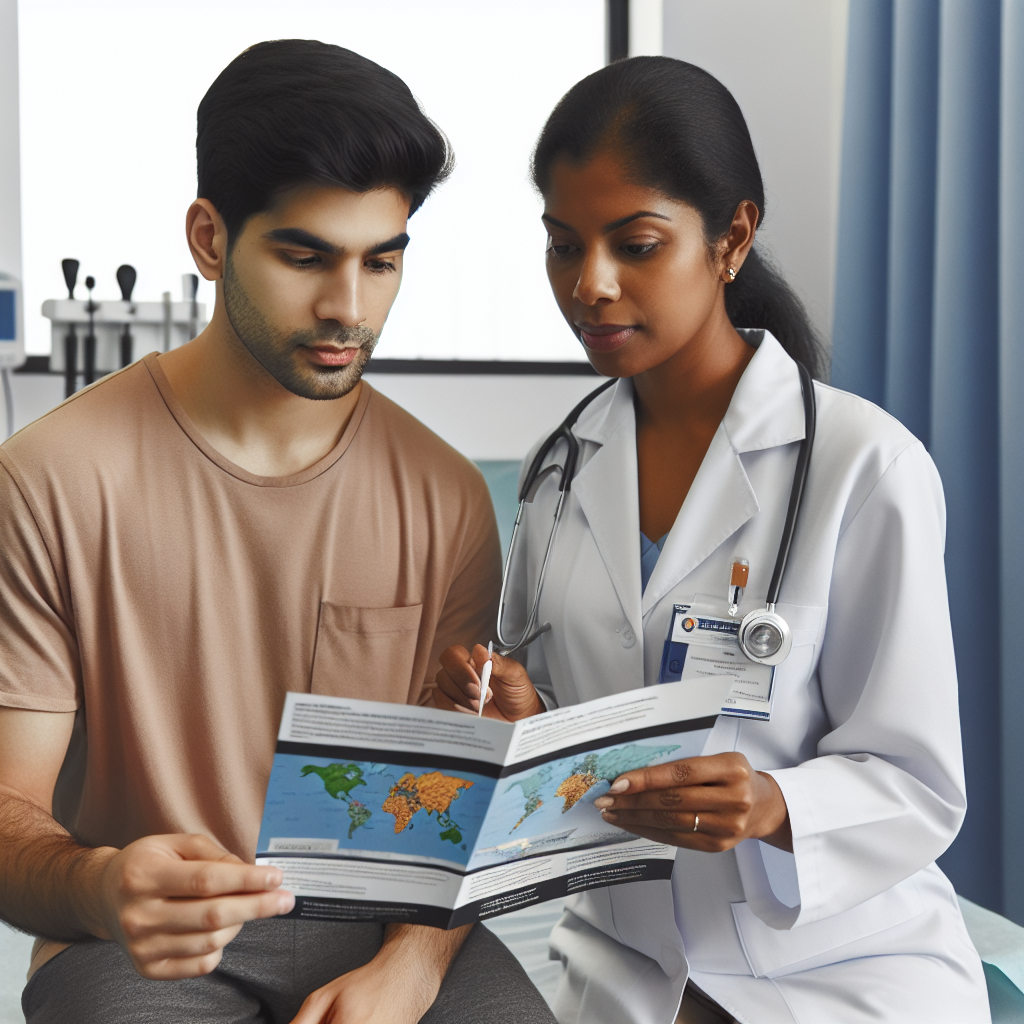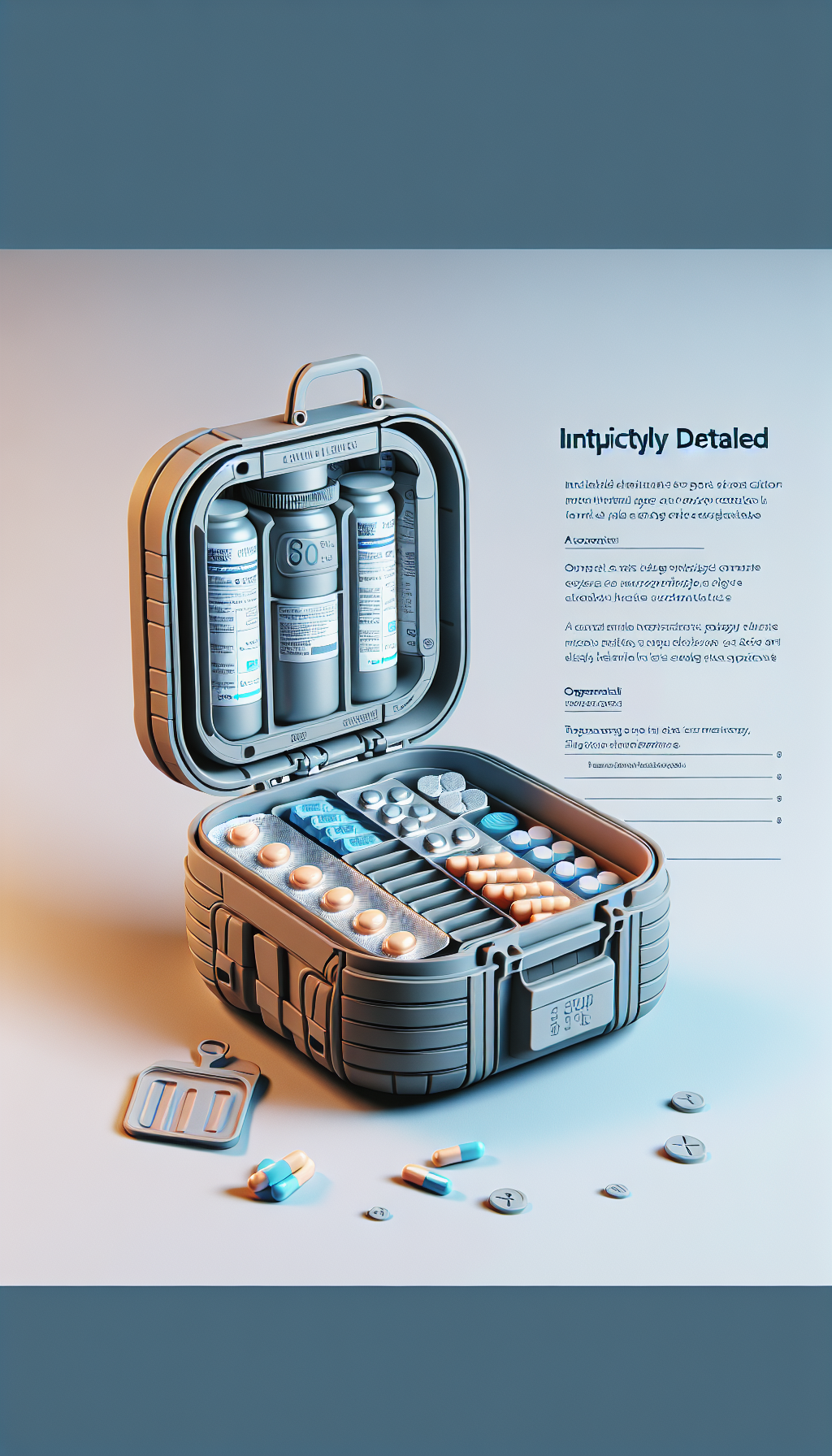Traveling can be an exhilarating experience, offering new sights, sounds, and cultures to explore. However, for those who require regular medication and supplements, it can introduce a layer of complexity to their routine. Managing your medication and supplement intake while on the move is crucial to maintaining your health and ensuring you can enjoy your travels to the fullest. This comprehensive guide will walk you through the strategies and best practices for handling your health needs, no matter where your journey takes you.
Pre-Travel Preparation
Consult with Your Healthcare Provider
Before embarking on any trip, schedule a visit with your healthcare provider. Ensure that you have enough medication to last the entire trip, plus some extra in case of delays. Discuss any potential health risks associated with your travel destination, such as the impact of different time zones on medication schedules or the availability of your medication abroad.
Research Your Destination
Investigate the healthcare infrastructure of your destination. Look for local pharmacies and understand the regulations for carrying medications across borders. Some countries have strict rules about bringing in certain drugs or supplements, so it’s important to be informed. For example, the Centers for Disease Control and Prevention offers information on health-related travel advisories.
Packing Your Medication and Supplements
Pack your medication and supplements in your carry-on luggage to avoid the risk of lost checked baggage. Keep them in their original containers with clear labels. It’s also wise to have a copy of your prescription and a letter from your physician describing your condition and the necessity of your medication, which can be helpful if you’re questioned by customs officials.
Staying on Track with Your Intake
Adapting to New Time Zones
When crossing time zones, the schedule of your medication intake might be disrupted. Plan ahead by adjusting the timing of your doses gradually a few days before departure. For a detailed plan, consider reading about strategies to maintain medication adherence in changing routines.
Using Technology
Leverage smartphone apps and alarms to remind you when it’s time to take your medication or supplements. There are numerous apps designed to help manage healthcare routines, some of which can even adjust reminders based on your location and time zone changes.
Staying Hydrated and Nourished
While traveling, it’s easy to fall out of normal eating and drinking patterns, which can affect how your body processes medications and supplements. Especially relevant is maintaining optimal digestive health, as it can influence the absorption of your medication. Stay hydrated, eat balanced meals, and keep your routine as normal as possible.
Special Considerations
Temperature Sensitivity
Some medications and supplements are sensitive to temperature changes. When traveling to a destination with a drastically different climate, use insulated containers to maintain the required temperature. Look into the stability of your supplements in different environments, as some might degrade if not stored properly.
Accessibility and Supply
In some cases, you may not be able to find your medication or supplements at your travel destination, or they might be sold under a different name. Research alternative options or generics that could be available locally. Websites like the International Pharmaceutical Federation provide resources on medicine availability worldwide.
Legal Restrictions
Certain medications have legal restrictions in other countries. Check with the embassy or consulate of your destination country to ensure that you won’t face legal issues. The International Narcotics Control Board provides guidelines on traveling with medicines that are controlled substances.
Maintaining Your Health Abroad
Dietary Considerations
When exploring new cuisines, be mindful of how different foods may interact with your medication. For instance, those on blood thinners should be aware of foods high in vitamin K, which can affect the efficacy of the drug. For guidance on managing dietary needs, consider reading about personalized nutrition.
Emergency Preparedness
Always carry information about your medical conditions, medications, supplements, and emergency contacts in multiple languages if necessary. Know how to say key health-related phrases in the local language or have them written down. The U.S. Department of State offers resources for travelers with medical needs.
Alternative Remedies
When traveling, you might be tempted to try local remedies or alternative treatments. Before doing so, read up on best practices for herbal supplement intake to avoid interactions with your current medication.
Returning Home
Upon returning home, check in with your healthcare provider to discuss any changes in your health during the trip. If you had to adapt your medication schedule, gradually shift back to your regular routine under the guidance of a professional.
Traveling with medication and supplements requires foresight and planning, but it shouldn’t hold you back from enjoying your adventures. By being prepared and staying informed, you can navigate any challenges that come your way and keep your health in check, no matter where you roam.
Remember to always prioritize your health and safety while exploring the world, and never hesitate to seek local medical help if needed. With these tips and strategies, you’ll be well-equipped to manage your medication and supplement intake while on the go, ensuring a healthier and more enjoyable travel experience. Safe travels!



